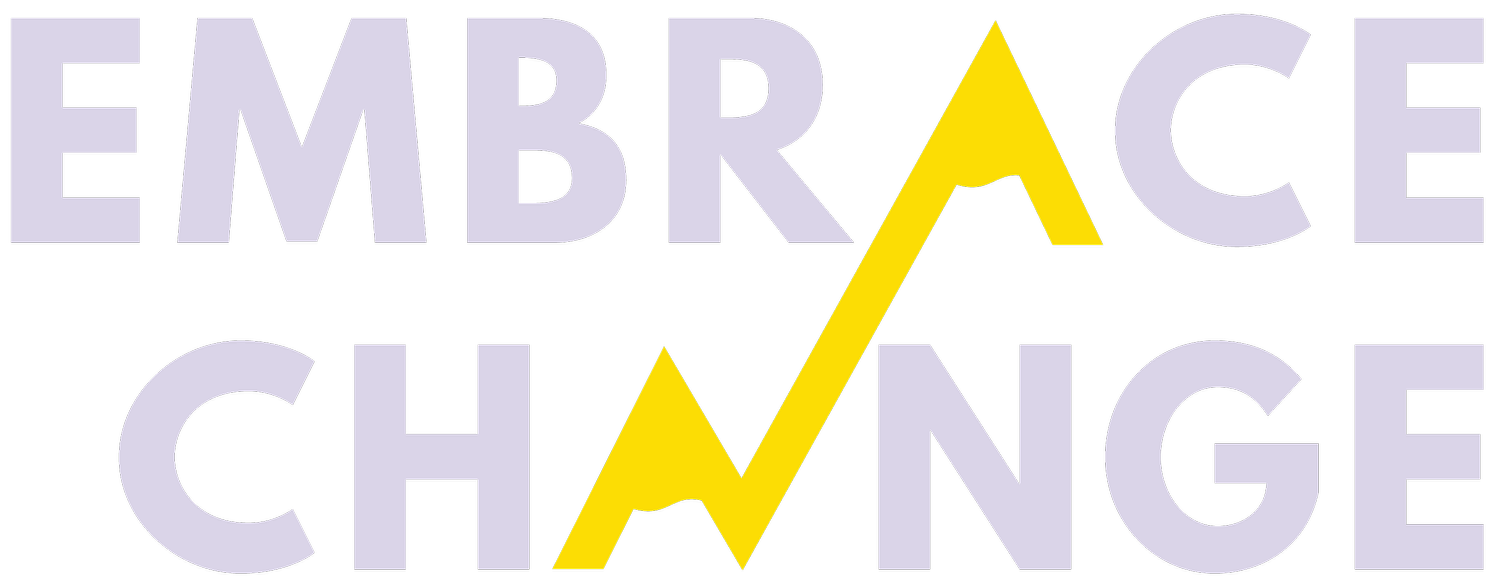If You Want To Achieve Excellence
Excellence (noun): the quality of being outstanding or extremely good.
I recently read some game-changing insights into why workplace feedback isn’t as effective as we think. The idea was that other people aren’t in a position to give us helpful feedback. This is because whatever they say is limited by the fact that it is largely their reaction to what we did or how we did – which is, obviously, highly subjective.
So it’s hard to know what to take to heart and actually work to change within ourselves because feedback is so colored by the other person.
Only we can translate and ultimately decide what makes sense to change or not change based on what others say.
This might feel uncomfortable because many of us are taught – and fully believe – that taking feedback is the way forward on our personal journey to excellence. Which is why getting negative feedback can be so heartbreaking and disorienting sometimes.
Many of the women of color I work with (and know in life) tend to judge themselves incredibly harshly based on other people’s feedback.
We only pat ourselves on the back if other people have praised us first. We find ways to punish ourselves if other people criticize our work.
The unfortunate result is that 1) we lose track of our sense of self and our own standards and 2) we find ourselves at the whim of what other people say and do.
Not good.
Losing our sense of self and feeling like we’re at the whim of others’ opinions is NOT going to lead us to our own distinct version of excellence. Because no one else can tell us what excellence will look like for us. There’s no blueprint. There’s no predetermined path. This isn't science. What excellence looks like is different for every single person because we are all unique, we’re guided by our own sets of values, and we’ve had our own blend of lived experiences.
Our uniqueness is what we have to tap into if we really want to achieve excellence.
What do we intuitively sense that we’re doing well? How can we do more of that? What are our greatest strengths? How can we build on them? What are we doing when we feel a rush of joy or exhilaration? What do we love doing? How can we bring more of that into our lives?
These aren’t rhetorical questions. Try to answer them for yourself. (If you feel really disconnected from your inner compass and sense of self, it may take time for you to reacquaint yourself – and that’s okay.)
Once you’re able to reflect on these questions and hone in on some answers, I think you’ll see the way forward to excellence a whole lot clearer.
Do you have thoughts or reactions to this piece? Let me know in the comments or send me an email! I always love talking things over with people as I continue processing, myself :)


